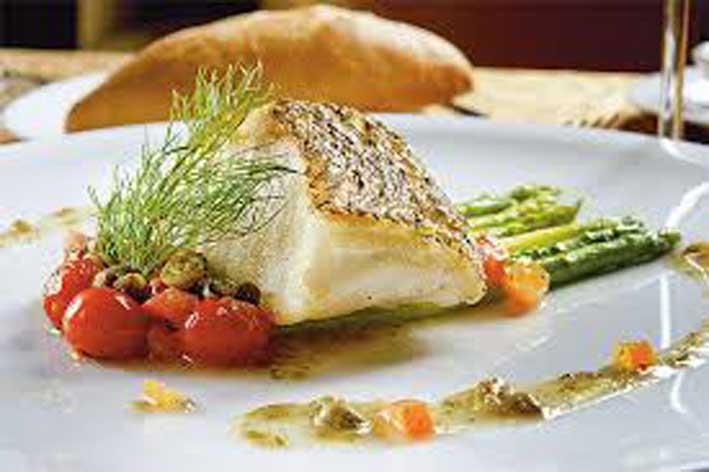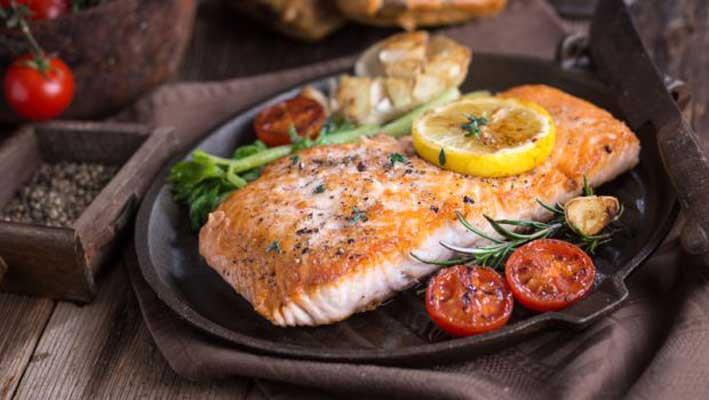Maltese citizens are almost twice more likely to prefer wild fishery and aquaculture products than EU citizens, at 60 per cent and 34 per cent respectively, an EU barometer has found.
A new Eurobarometer survey on EU consumer choices regarding fishery and aquaculture products reveals that people in the EU eat seafood quite regularly, although how far people live from the sea plays a role in how often they eat fish.
The leading reason behind this is because seafood products are perceived to be a healthy option. An absolute majority of both EU and Maltese citizens alike have said that cheaper prices would mean that more of these products would be purchased.

Maltese citizens are more likely to eat fishery or aquaculture products at home than their European counterparts.
They also beat out their European counterparts with regards to how often they buy such products. The Maltese are also more likely to try a new species of fish or aquaculture product. When asked this question in a survey, 71 per cent of Maltese said they like to try new products of this nature, while 60 per cent of EU citizens agreed with this statement. Being a small island in the middle of the Mediterranean, seafood has been a staple of the local diet for many years.
"This survey helps us see how Europeans choose their seafood. This helps inform our policies. We must make sure that consumers continue to have a wide range of high quality seafood to choose from. That is why we are determined to reach targets on sustainable fishing by 2020", stated European Commissioner for the Environment, Maritime Affairs and Fisheries, Karmenu Vella.

In fact, Maltese are more likely to try new products at home (Maltese citizens at 77 per cent, EU citizens at 64 per cent), at a supermarket (Maltese citizens at 60 per cent, EU citizens at 56 per cent) and at restaurants (Maltese citizens at 59 per cent, EU citizens at 56 per cent).
Maltese citizens are almost twice as likely to buy fishery and aquaculture products at a fishmonger or dedicated seafood shop. When asked where they buy their fishery products, 74 per cent of Maltese citizens chose a fishmonger, as opposed to the 40 per cent of EU citizens who chose the same option. A big reason for this is that larger EU member states, especially those in continental Europe may not have the same access to such products due to their distance from the ocean/seas.
It therefore stands to reason that a proportion of 48 per cent of Maltese citizens said they buy there seafood fresh or even live, as opposed to 34 per cent of EU citizens.

In line with other EU citizens’ responses, 75 per cent of Maltese citizens said they would buy more aquaculture products if the price was not so high, compared with 68 per cent of EU citizens. In addition to this, 68 per cent of Maltese citizens said they would buy or eat more fishery and aquaculture products if the choice and the points of sale were more diversified, compared with 51 per cent Maltese. It could be argued that Maltese citizens have a higher demand for a more diversified choice and point of sale than the majority of EU citizens because they are relatively more accustomed to better quality fresh fish and seafood.
The report found that overall, “fish consumption is increasing, with 42% Europeans eating fish/aquaculture products at least once a week at home. This underlines the need to ensure sustainable supply of fish to the EU market”.